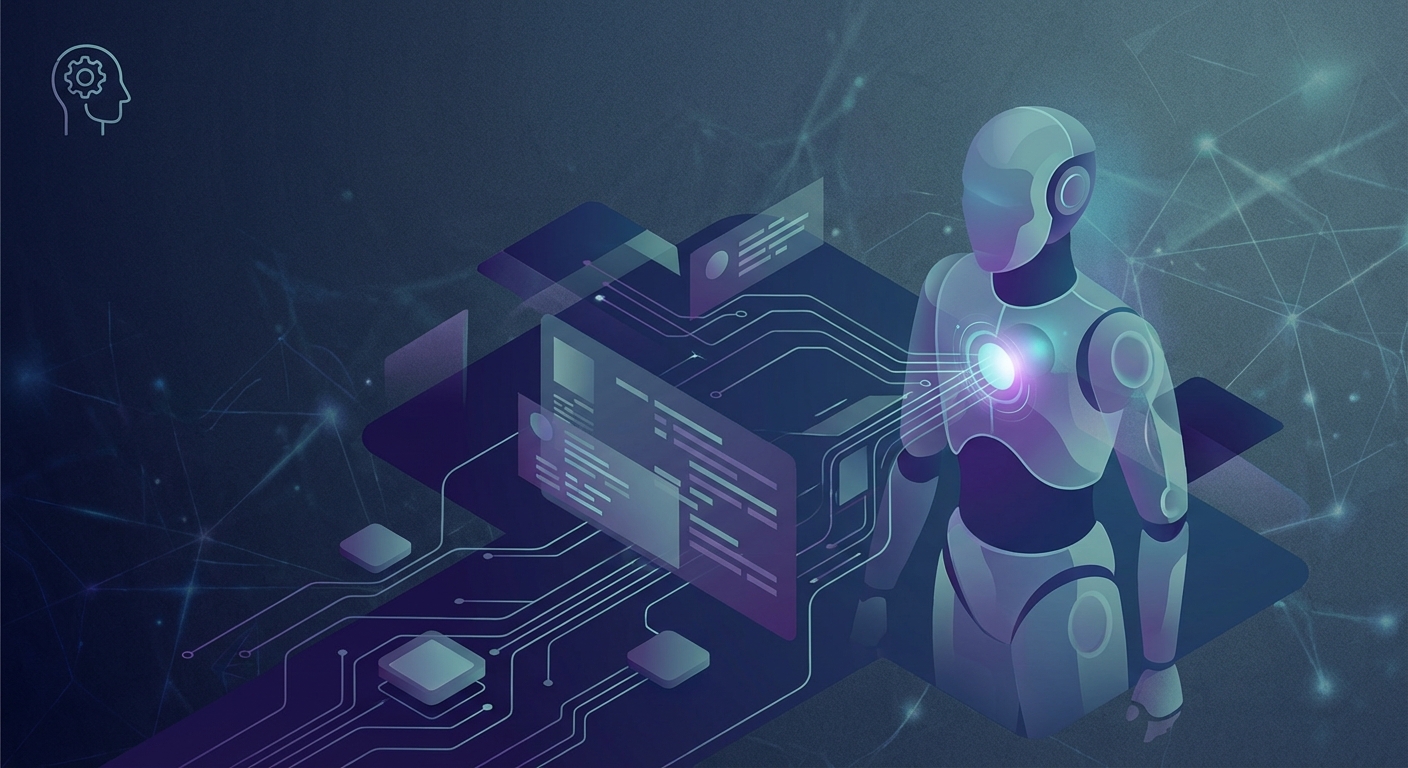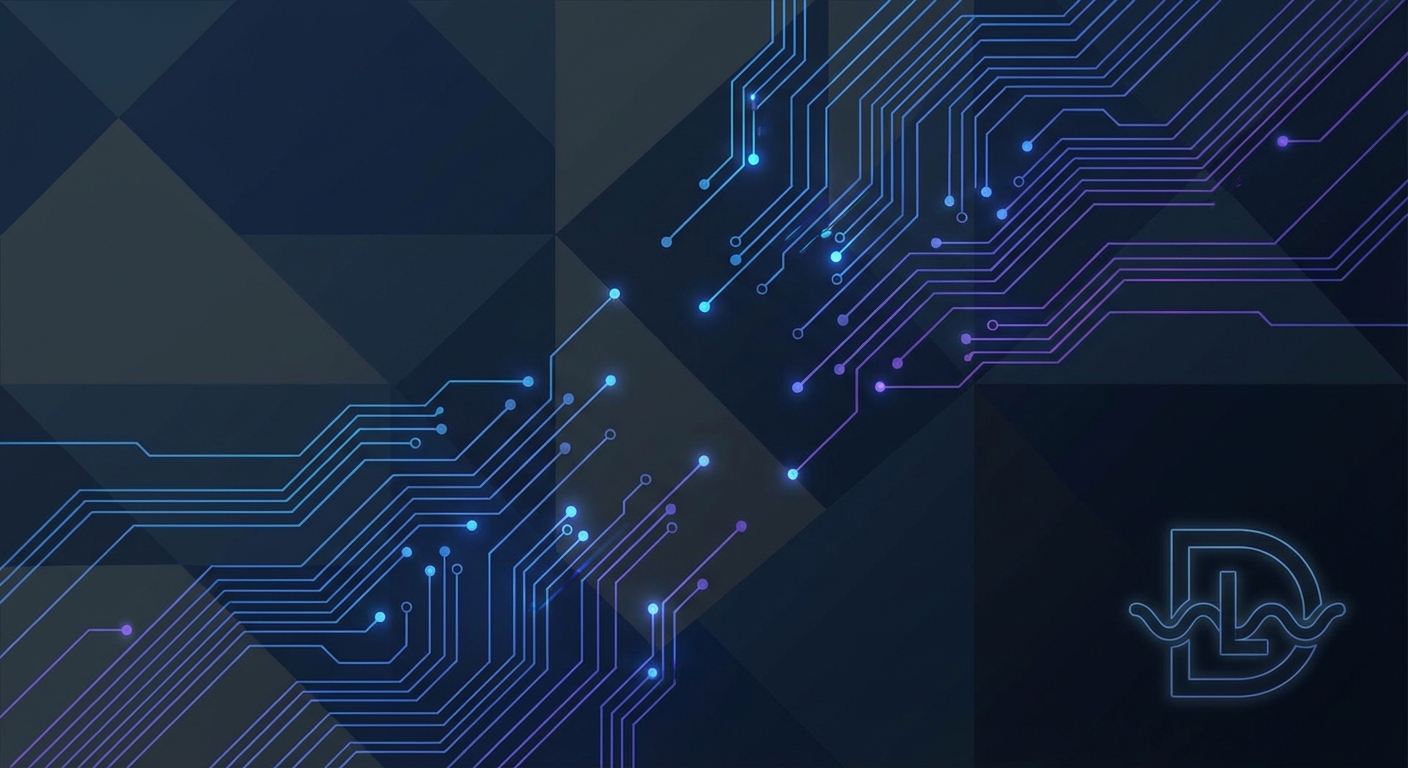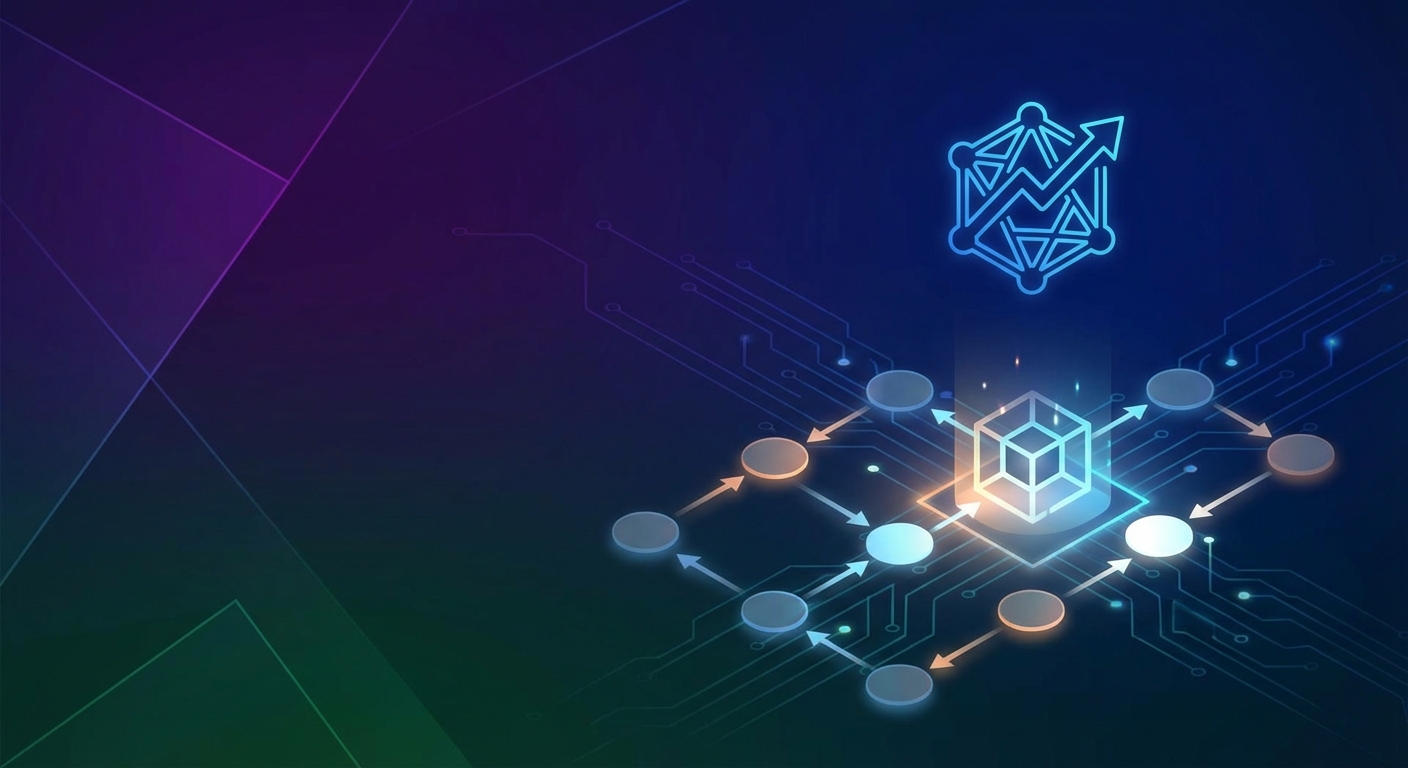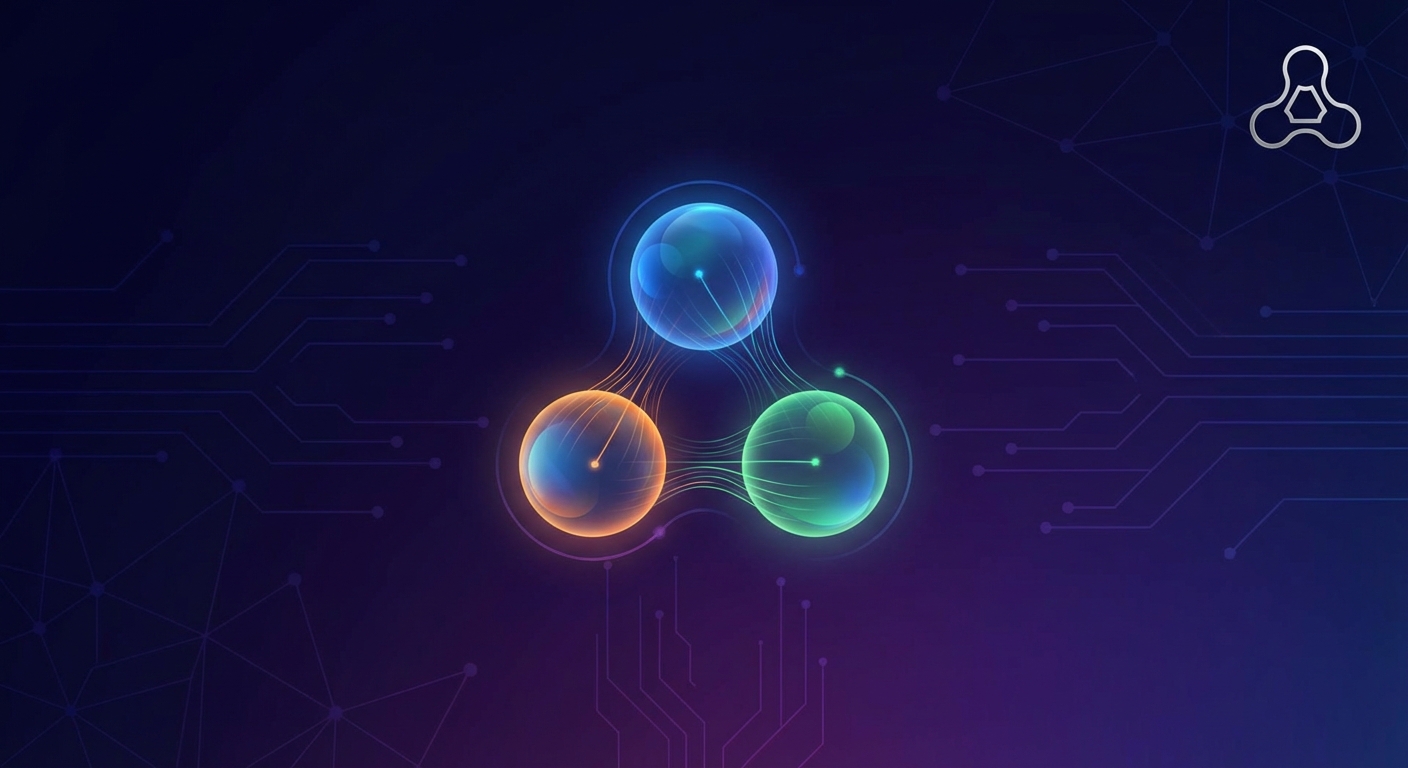Exploring the Internet of AI Agents: A New Frontier in Technology
TL;DR
- This article covers the rise of AI agents, exploring their capabilities, applications, and underlying technologies. It includes a look at how these agents are being deployed across various industries, impacting business automation, cybersecurity, and overall efficiency. The article also delves into the challenges and considerations surrounding security, governance, and ethical implementations of ai agents.
The Dawn of the Internet of AI Agents: What's the Big Deal?
Okay, so ai agents... what's the big deal? Honestly, at first I was kinda scratching my head, but now I see it. It's more than just chatbots getting a glow-up, you know?
Fundamentally, an ai agent is a software entity that perceives its environment, makes decisions, and acts autonomously to achieve specific goals.
Here's the thing: ai agents are like having a digital assistant that actually does stuff, not just answers questions. I mean, think about it:
- Beyond Chatbots: We're talking about proactive systems that take action, not just react to prompts. It's a whole different ballgame.
- Real-World Impact: Like, imagine ai agents sifting through customer data to find leads.
- Autonomy is Key: They're designed to self-govern and make independent decisions.
According to InternetSearchInc.com, ai agents can autonomously manage tasks and integrate data across platforms. (AI Agents)
Picture this: An ai agent in healthcare scheduling patient appointments and sending reminders without any human intervention. These capabilities highlight the transformative potential of AI agents, and to understand them better, let's explore their defining characteristics.
AI Agents in Action: Transforming Industries and Workflows
AI agents are making waves and I'm seeing them pop up everywhere. I mean, are they really changing the game? Short answer: Yes, they really are.
- Automating repetitive tasks: Think invoice processing, where an agent uses optical character recognition (OCR) to extract data, or even those endless hr queries, which an agent can handle using natural language processing (NLP). It's about letting ai handle the mundane, so people can, you know, think.
- Enhancing decision-making with real-time data insights: No more guessing games. ai agents can sift through data and find actionable insights to make smarter choices. For example, a sales agent might analyze market trends and customer interactions to predict future demand.
- Improving team collaboration via cross-platform integration: ai agents can connect different systems for better workflows. Imagine an agent that pulls data from your CRM, project management tool, and communication platforms to provide a unified view of a project's status.
Let's say you're in marketing. Imagine an ai agent analyzing customer behavior patterns to identify high-potential leads. This agent can autonomously manage tasks and integrate data across platforms, providing a more nuanced view than just simple lead identification.
Beyond transforming general workflows, AI agents are proving to be indispensable in safeguarding our digital infrastructure. Next, let's explore how they are boosting cybersecurity.
Boosting Cybersecurity with AI Agents
One of the most exciting applications of AI agents is in strengthening our digital defenses. They're not just about automating tasks; they're becoming crucial in the fight against cyber threats.
- Proactive Threat Detection: AI agents can continuously monitor networks and systems for unusual activity, flagging potential breaches before they escalate. (AI & Data Security: Enhancing Data Protection in the Digital Age) They can learn normal patterns and quickly spot anomalies that human analysts might miss. (Pattern Anomaly Detection AI Agents - Relevance AI)
- Automated Incident Response: When a threat is detected, AI agents can be programmed to take immediate action, like isolating infected systems or blocking malicious traffic, significantly reducing response times and damage.
- Vulnerability Assessment: Agents can be used to scan systems for weaknesses and potential entry points for attackers, helping organizations patch up security holes before they're exploited.
It's like having a tireless security guard who's always on alert, learning and adapting to new threats.
The Tech Behind the Magic: Key Components and Frameworks
Okay, buckle up, because this is where ai agent tech gets real. It's not just theory— it's about the actual platforms and frameworks that make this magic happen. You know, the stuff that developers are actually using.
Microsoft Azure ai agent Service: Think of this as like a playground for building and deploying ai agents (if playgrounds were in the cloud). It gives you tools like Azure Machine Learning and Azure Bot Service to design, customize, and manage ai apps. You get full control over your data and security, which, let's be honest, is pretty important. This control is achieved through granular access permissions that define who can access what, robust encryption protocols that scramble your data, and dedicated virtual network environments that isolate your agent's operations from public networks.
Nvidia ai Blueprints: Nvidia isn't just about graphics cards anymore. They're providing structured guides and tools that help developers create ai agents. These blueprints are intended for developers with some AI knowledge, offering pre-built components, templates, and best practices for common AI tasks like automation, speech recognition, and report generation, often resulting in a functional prototype for a customer service bot.
Google's Project Astra and Gemini Deep Research: Google's working on some seriously cool stuff. Project Astra is a multimodal AI system, meaning it can understand and process information from various sources simultaneously – like text, images, audio, and video. This multimodal understanding could allow an agent to interpret complex user requests involving both visual and auditory cues, making interactions more natural. Gemini Deep Research? It aims to automate research reports by analyzing vast datasets, identifying key findings, and synthesizing them into coherent summaries, essentially acting as a core function of a research-oriented AI agent.
While these powerful platforms are enabling the creation of sophisticated AI agents, it's crucial to acknowledge and address the inherent challenges that accompany this technological leap. Next, we'll delve into security, governance, and ethical considerations.
Navigating the Challenges: Security, Governance, and Ethical Considerations
Alright, so we've talked about the promise of ai agents, but let's be real—it's not all sunshine and rainbows. There's some real concerns to address before we fully jump in the deep end.
Security risks are big: Think data poisoning, where malicious data is fed into an AI model to corrupt its learning, or prompt injection, where attackers manipulate an agent's input to make it perform unintended actions. These can really mess with how these agents operate and compromise sensitive information.
Governance needs to be on point: we need to make sure everything is transparent and fair, so people trust ai agetns. This means establishing clear guidelines for how agents are developed, deployed, and monitored. Governments, industry bodies, and individual companies all play a role in creating these frameworks. Principles like explainability (understanding why an agent made a decision), accountability (knowing who is responsible), and bias mitigation are crucial for building trust.
Collaboration is key: ai agents should augment human skills, not replace them. It's about teamwork, people, not robots taking over. For instance, an agent can handle the heavy lifting of data analysis, freeing up a human to focus on strategic interpretation and making the final, nuanced decisions.
It's not as simple as plug-and-play. We need solid frameworks, ethical considerations, and a good dose of common sense. If we successfully navigate these challenges by implementing robust security measures, clear governance, and ethical frameworks, AI agents can truly revolutionize our work. However, neglecting these aspects could lead to significant risks, including widespread misuse, erosion of trust, and unintended societal consequences.




